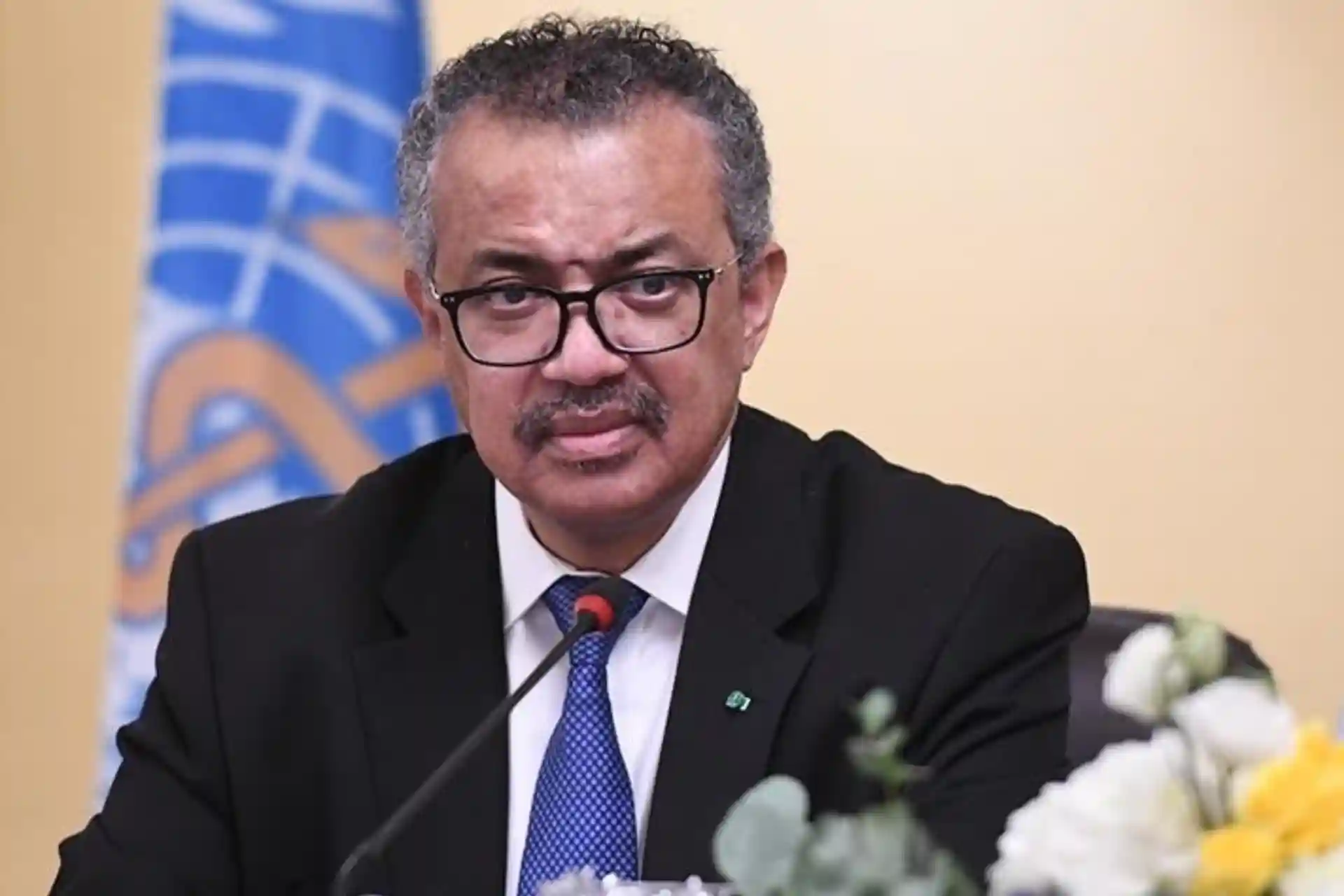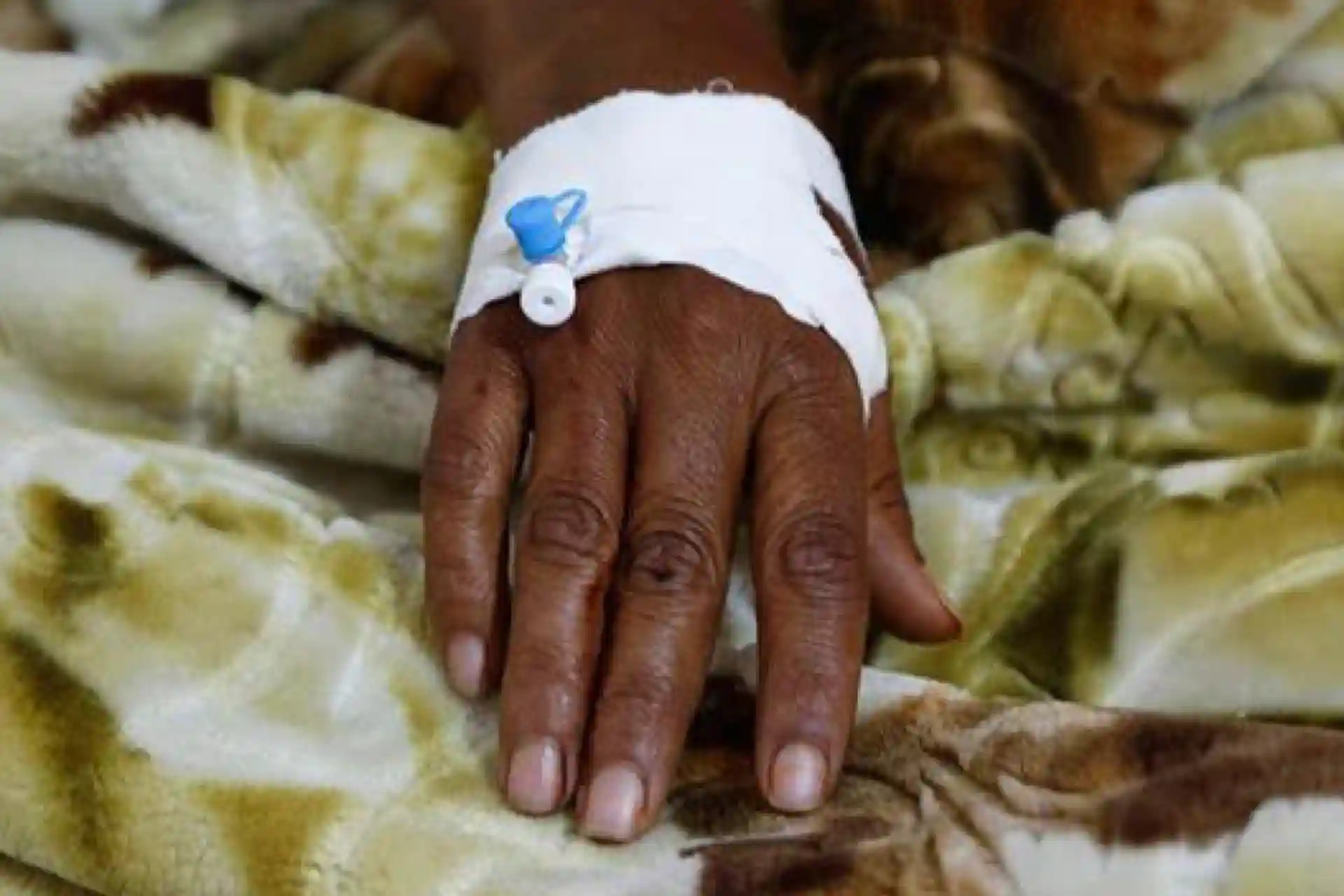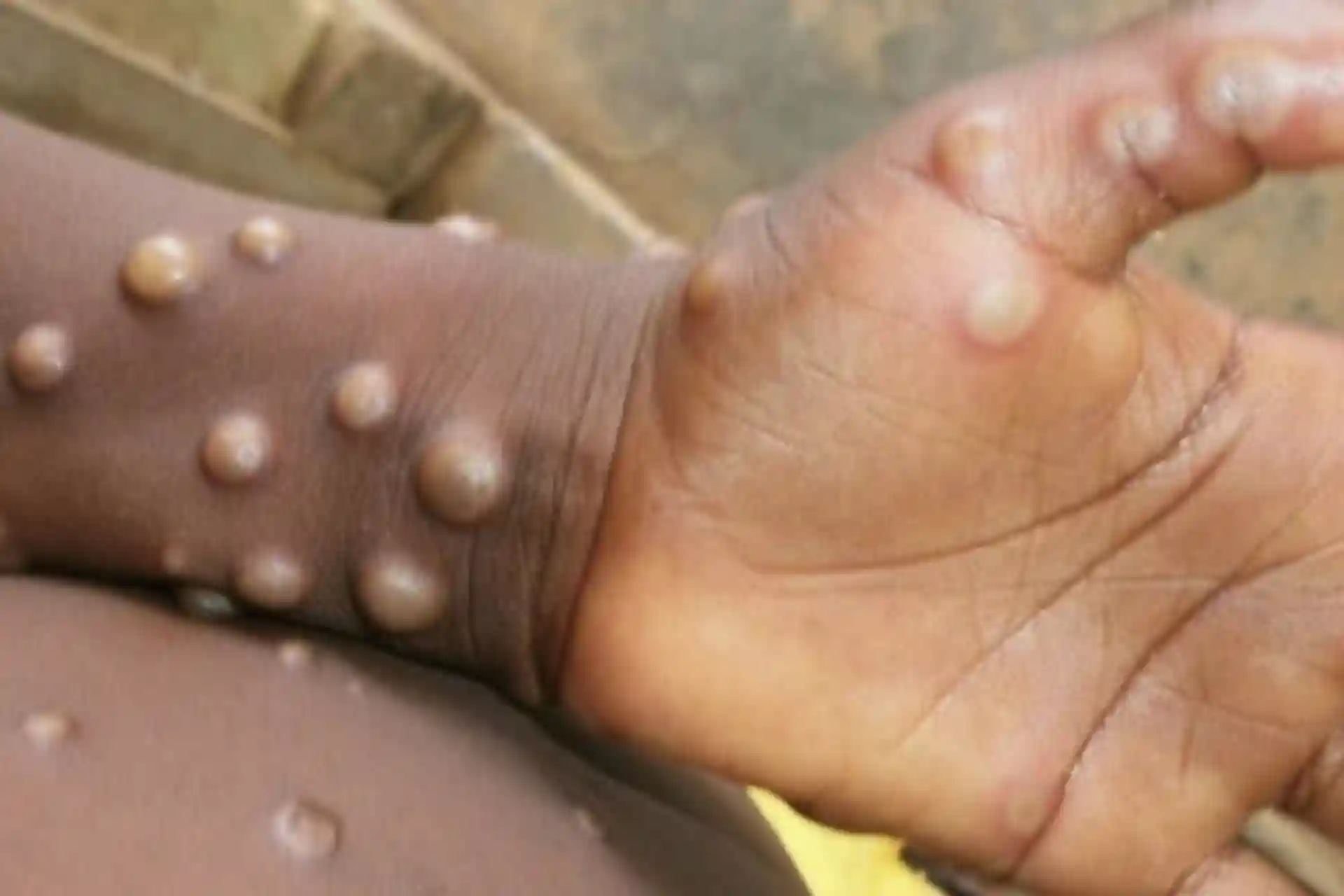WHO calls for a joint fight against the spread of the monkeypox virus
The director general of the World Health Organization, Tedros Adhanom Ghebreyesus, called on all countries to strengthen control against the spread of the virus after the first case of infection of the deadly virus outside the African region was detected in Sweden.
Director General of the World Health Organization (WHO) Tedros Adhanom Ghebreyesus called on countries affected by the mpox virus to act together. Gebreesus made the call after Sweden reported the first case of the deadly virus outside Africa.
At Platform X, the WHO chief called on all countries to step up surveillance, share information and better understand how the virus spreads.
Gebreesus urged countries to share tools such as vaccines and apply lessons learned from previous health emergencies of international importance to fight the current epidemic.
The head of the WHO announced on August 14 that the sharp increase in the number of cases of the virus in the Democratic Republic of Congo and many other African countries will create a public health emergency at the international level.
It is transmitted from both animals and humans
According to experts, the monkeypox virus is transmitted from rodents, such as mice and rats, or from sick people.
The most common causes of infection are touching the rash on the body, using contaminated clothing, bedding, and the like, and contact with bodily fluids.
The first symptoms may appear 5-21 days after being infected with the virus. The virus causes high fever, headache and muscle aches, swollen lymph nodes, fatigue, chills, and chickenpox-like skin blisters.
The disease, which does not have a specific treatment, is treated with antiviral drugs.
In most cases, the disease is mild and recovery occurs within a few weeks.
The monkeypox virus was first discovered in Denmark in 1958 in laboratory monkeys , and in 1970 it was recorded in a nine-month-old child in the Congo .
Until 2022, it was called "monkey pox ". In 2022, the WHO changed the name of the virus to "mpox" due to concerns about racism and discrimination.



